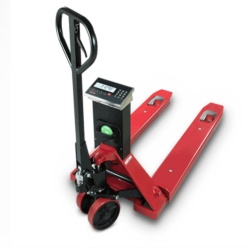What Scales Do I Need for My Warehouse?
Let’s say you are now the leader of the warehouse crew or perhaps the manager of the manufacturing branch that you work at. And let’s say that the past leaders have been a little slow to change with the times when it comes to adding new technology to the overall process. Of course, that includes… Read More »
